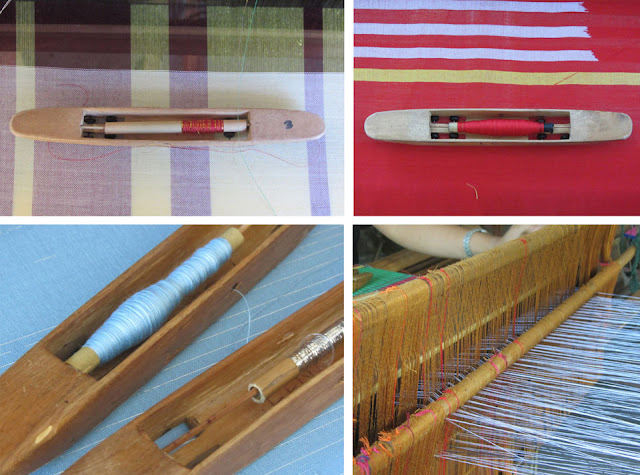Sustainable fishing pushed
* Delegates called strongly for fisheries sector to be taken out of the WTO mandate
The increased demand for aquaculture products around the world has led to an increase in intensive aquaculture production that has become detrimental to our seas and its capacity to provide more food for humans.
“The carrying capacity of our seas has been breached and it can no longer sustain marine and human life. It is about time that we come up with a global process for sustainable development. Let’s create solutions for the survival of the planet,” said Antonio Tujan, an executive of the People’s Coalition on Food Sovereignty (PCFS) and Ibon International, during the International Conference on Fisheries and Globalization at the SEAFDEC in Tigbauan, Iloilo last Sept. 19 to 21, 2012.
According to the Fisheries and Marine Environment Research Institute, Inc. (FMERI), the Food and Agriculture Organization (FAO) of the United Nations said that as of 2010, aquaculture production was at an all-time high of 79 million tons, valued at US$ 125 billion. In 2011, capture fish production was at 90.4 million tons while fish consumption is at 130 million tons.
However, the FMERI reported that despite such development, the aquaculture sector has failed to ensure food security due to intensive aquaculture and “trade policies that promote an export-oriented industry, to answer the high demand of developed countries for fish to the detriment of traditional stakeholders in developing countries where majority of aquaculture farms are located.”
The organization is referring to neoliberalism which “espouses liberalization, free trade and open markets. It seeks to take away industries and related institutions from government regulation and place it in the hands of the private sector, the net effect of which is to shift their interest from well-being of the many to profit the few.”
Moreover, small-scale fisherfolk face oppression due to unfair employment practices, occupational risks and threats to their source of food because of their degraded environment brought about by illegal fishing activities to achieve a bigger catch as well as climate change due to consumption of fuel for large-scale fishing vessels, according to the FMERI.
To aid the small-scale fisherfolk all over the world, the conference gathered delegates from 32 international organizations in 15 countries in Tigbauan for workshops in order to come up with recommendations on how the marginalized sector’s rights and interests will be protected and how to promote sustainability amid development.
According to Ibon International, in its press statement, “The delegates complained of government regulations which facilitated the control of corporations over marine and inland water resources and also coastal land. While their traditional fishing practices and traditional conversation techniques were not respected by government policy makers. The delegates also raised how the human rights and community rights of fisherfolk communities are not respected nor protected.”
“The problems of the WTO and international institutions in imposing neoliberal policies on developing countries which facilitate these structures of inequality and marginalization of poor fisherfolk were also raised. And delegates called strongly for fisheries sector to be taken out of the WTO mandate. They were also concerned with the advancement of the commoditization and privatisation of fisheries resources through new initiatives such as the World Bank-led Global Partnership. Such initiatives also promoted industrial aquaculture as an alternative to overfishing which is of great concern to all the delegates across the three continents,” Ibon’s stated further.
Andrew Johnston of the Artisanal Fishermen’s Confederation (KIMWAM) in South Africa narrated that their struggle since 1994 has paid off through these steps: they educated the fisherfolk and conducted mass actions, progressive organizations pushed for the rights of workers and used the courts. “Remember, your struggle is in your hands, not in other people’s hands,” he said, adding that it is important to also consider who to vote in the elections.
Ravadee Prasertcharoensuk of the Sustainable Development Foundation in Thailand insists, “Exert your rights and you can make it happen.”
“The solution will come from us, from our own initiatives. We have to participate in the decisions that are made for us,” Mamadou Thioune of the National Fishers’ Association in Senegal, said.
Ibon revealed that at the end of the conference, the delegates agreed a declaration, “Resist Corporate Capture of Fisheries, Build Sustainable Fisheries for the People. The declaration enumerates the key problems facing small-scale fisherfolk and their calls for action and their recommendations for the realization of sustainable fisheries.”
The conference was organized by the PCFS, Ibon International, Pamalakaya and FMERI.* (Kathy Villalon, The News Today, Sept. 24, 2012 issue)




